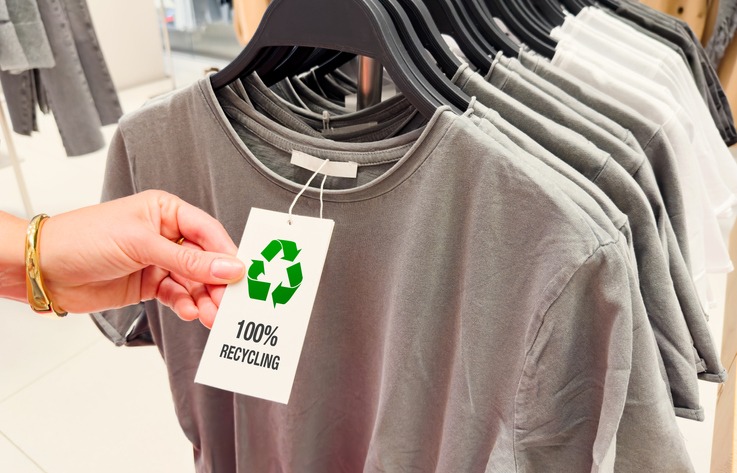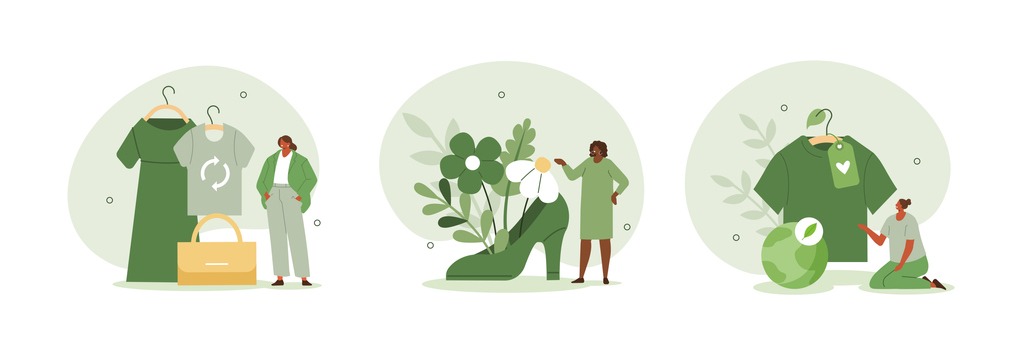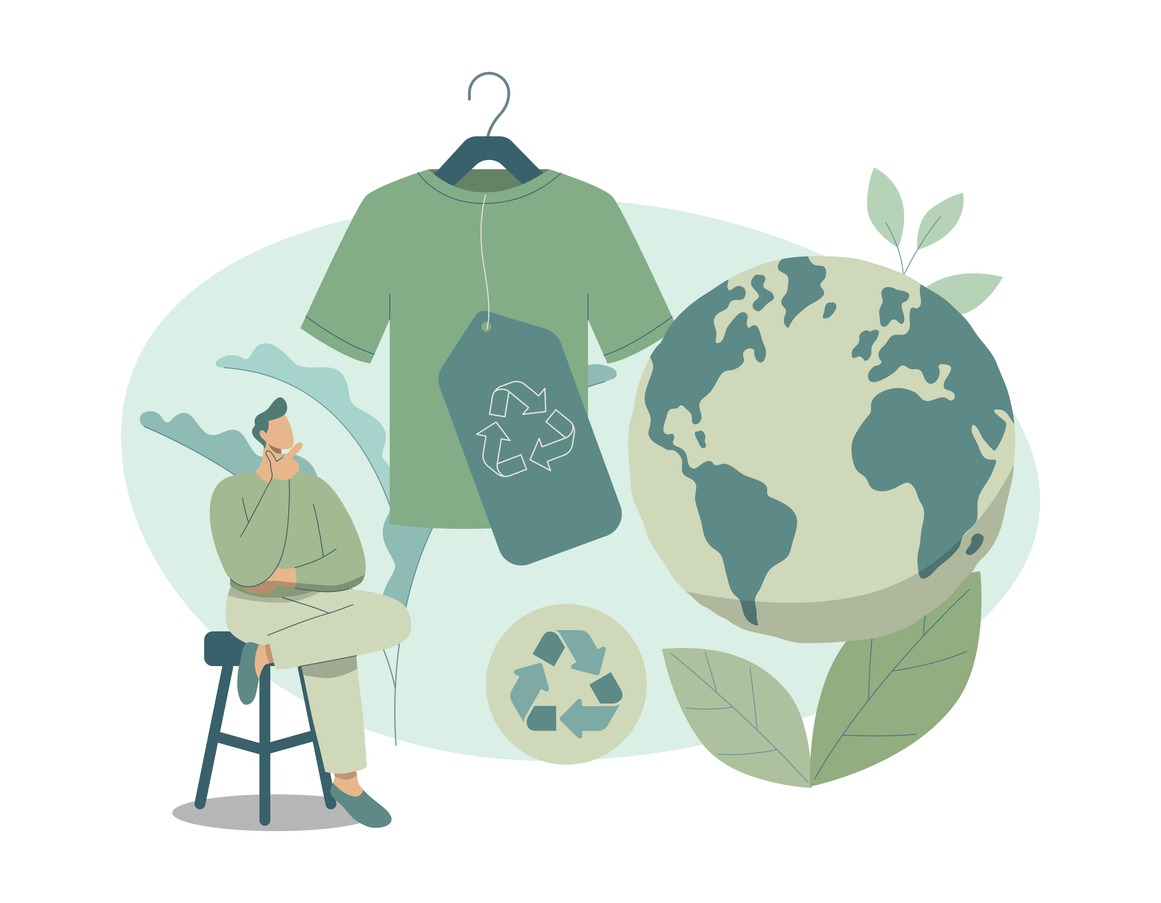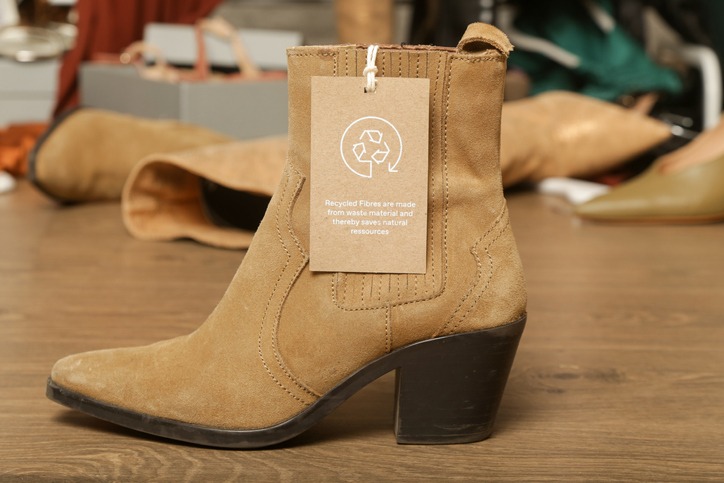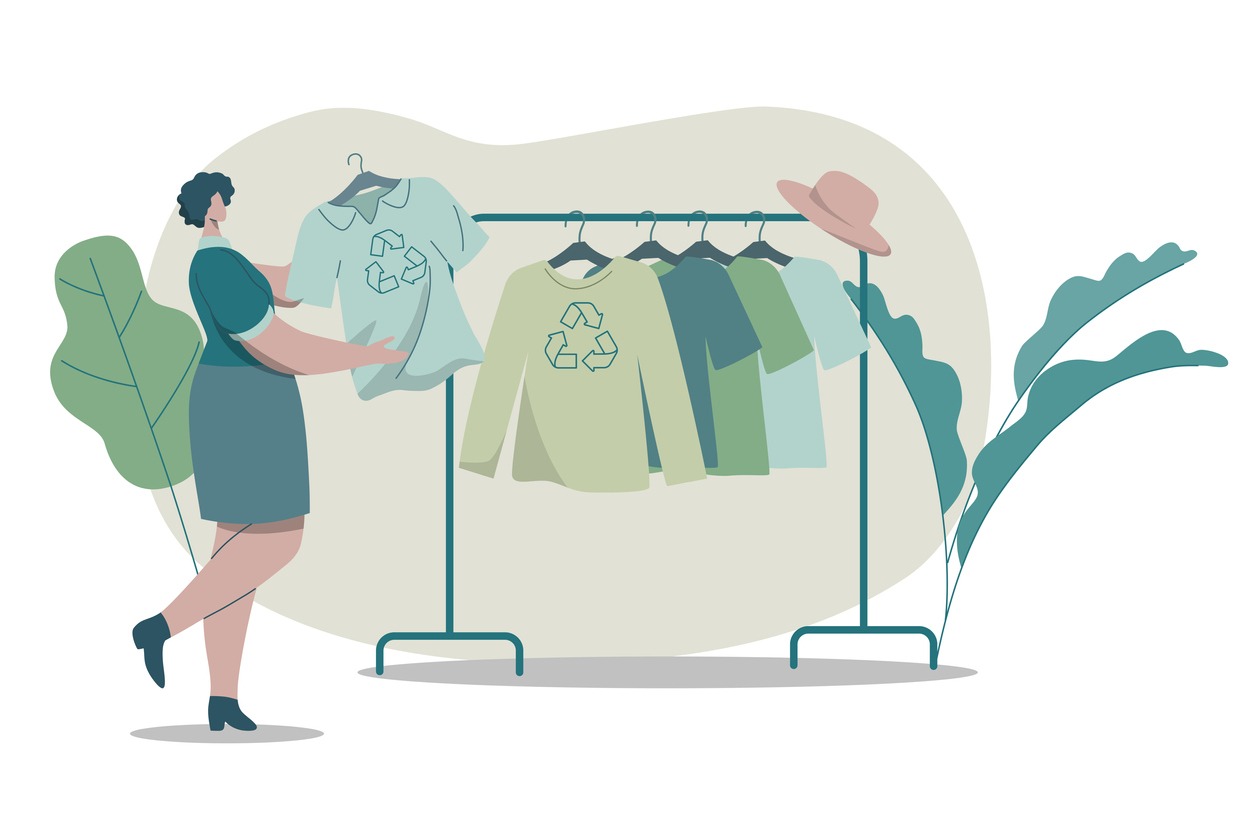In the fashion world, the terms “ethical sourcing” and “manufacturing” have become increasingly pivotal. They represent a growing movement towards responsibility and consciousness in an industry often criticized for its environmental and social impacts. Ethical sourcing and manufacturing in the fashion industry refer to the practice of procuring materials and producing clothing in ways that are environmentally sustainable, socially responsible, and economically viable.
This post aims to delve deep into what constitutes ethical sourcing and manufacturing in fashion, exploring its historical context, understanding its key components, and examining the challenges and solutions that come with it. By the end of this article, readers will have a comprehensive understanding of the ethical dimensions of fashion production and the significant role they play in shaping a more sustainable future.
Historical Context
Early Practices in the Fashion Industry
In the early days, the fashion industry was characterized by small-scale, localized production. Artisans and craftsmen created garments primarily for local communities, with a focus on durability and craftsmanship. Materials were sourced locally, and the entire process, from design to production, was closely intertwined with the cultural and social fabric of the community. This era was marked by a deep connection between the creators, their methods, and the end consumers.
The Rise of Fast Fashion and its Impacts
The landscape of the fashion industry underwent a seismic shift with the advent of fast fashion. This phenomenon, which gained momentum in the late 20th century, is characterized by mass-producing trendy, low-cost clothing in response to the latest fashion trends. While this model made fashion more accessible to a wider audience, it came with significant costs. Fast fashion has been associated with environmental degradation, including excessive water usage, pollution, and waste, as well as social issues like poor labor conditions, low wages, and the exploitation of workers in developing countries. The rapid production cycles and the push for lower costs have further exacerbated these issues, leading to a growing concern about the sustainability and morality of fashion industry practices.
Pioneering Ethical Movements in Fashion
In response to the growing awareness of the negative impacts of fast fashion, there has been a rise in ethical movements within the industry. These movements aim to address and mitigate the environmental and social issues associated with fashion production. They encompass a range of practices, from promoting sustainable materials and processes to advocating for fair labor practices and transparency in the supply chain. Brands and designers leading these movements are not only challenging the status quo but also paving the way for a more sustainable and ethically conscious fashion industry.
Understanding Ethical Sourcing
What is Ethical Sourcing?
Ethical sourcing in the fashion industry refers to the practice of procuring materials and labor in a responsible and sustainable manner. It involves ensuring that the sourcing of materials and manufacturing processes do not harm the environment or exploit workers. Ethical sourcing is about making conscious choices that prioritize the welfare of people and the planet.
Key Components
Fair Labor: Ensuring that workers involved in the production process are treated fairly, which includes providing fair wages, safe working conditions, and respecting workers’ rights.
Sustainable Materials: Utilizing materials that are environmentally sustainable, such as organic fabrics, recycled materials, and those with a lower ecological footprint.
Animal Welfare: For fashion products involving animal products, ethical sourcing means ensuring that animals are treated humanely and that products are sourced from responsible and cruelty-free practices.
Case Studies of Ethical Sourcing
Several brands and initiatives exemplify ethical sourcing practices. For instance, [Brand A] uses organic cotton and recycled materials, while [Brand B] is known for its transparent supply chain and fair labor practices. These case studies highlight the practical applications of ethical sourcing principles and their impact on the industry.
Ethical Manufacturing in Fashion
Ethical manufacturing in the fashion industry goes beyond just the sourcing of materials. It encompasses the entire process of producing garments, ensuring that every step, from the factory floor to the final product, adheres to ethical and sustainable practices. This includes reducing environmental impact, ensuring fair and safe labor conditions, and striving for transparency and accountability in manufacturing processes.
Environmental and Social Impacts
Ethical manufacturing addresses several key environmental and social concerns. Environmentally, it involves reducing waste, minimizing water usage, and limiting the release of harmful chemicals. Socially, it focuses on improving labor conditions, providing fair wages, and ensuring workers’ rights are respected. These practices not only contribute to a more sustainable and equitable industry but also resonate with increasingly conscious consumers.
Examples of Ethical Manufacturing Practices
Examples of ethical manufacturing are diverse and innovative. [Company C], for instance, has implemented a zero-waste policy in its production process, while [Company D] has set up fair-trade certified factories to ensure worker welfare. These examples illustrate how ethical manufacturing can be practically implemented, offering a blueprint for a more responsible fashion industry.
Challenges and Solutions
Common Challenges in Implementing Ethical Practices
The road to ethical fashion is fraught with challenges. One of the most significant is the cost factor. Ethical practices, from sourcing sustainable materials to ensuring fair wages, often come with higher price tags. This can be a deterrent for both manufacturers, who are concerned about profit margins, and consumers, who may not be willing to pay a premium for ethically made products. Additionally, the lack of transparency and complexity in supply chains makes it challenging to monitor and implement these practices effectively. There’s also the issue of scalability, as smaller brands may struggle to meet ethical standards due to limited resources.
Innovations and Solutions in the Industry
Despite these challenges, the fashion industry is witnessing a wave of innovations aimed at making ethical practices more viable. For instance, the use of blockchain technology is enhancing transparency in supply chains, allowing for better tracking of materials and labor conditions. Sustainable materials like organic cotton, bamboo, and recycled polyester are becoming more widely available and affordable. Moreover, some companies are adopting a circular fashion model, which focuses on the reuse and recycling of materials, reducing waste and environmental impact.
Role of Technology and Innovation
Technology plays a pivotal role in this transformation. Advanced data analytics and AI are being used to optimize supply chains, making them more efficient and transparent. Digital platforms facilitate the direct connection between ethical producers and consumers, while advancements in textile manufacturing technology are leading to more sustainable and less resource-intensive production methods.
The Global Perspective
Ethical Fashion on the World Stage
Ethical fashion is not just a localized trend but a global movement. Countries around the world are increasingly recognizing the importance of sustainable and ethical practices in the fashion industry. International collaborations and dialogues are focusing on creating a more responsible fashion industry. Global fashion events and platforms are also increasingly spotlighting ethical fashion, giving it a stage to influence a broader audience.
International Laws and Regulations
There are growing efforts to regulate the fashion industry on an international scale to ensure ethical standards. Various international laws and agreements aim to protect workers’ rights, promote environmental sustainability, and ensure fair trade practices. Compliance with these regulations not only helps in maintaining ethical standards but also levels the playing field in the global market.
Cross-Cultural Challenges and Achievements
The ethical fashion movement faces unique challenges and achievements in different cultural contexts. While some regions have a strong tradition of artisanal and sustainable practices, others are grappling with the transition from fast fashion models. The achievements in this realm are as diverse as the challenges, with different countries and cultures contributing unique solutions and perspectives to the ethical fashion narrative.
Consumer Influence
The Role of Consumer Awareness and Demand
Consumer awareness and demand are powerful forces in driving the fashion industry towards ethical practices. As consumers become more informed about the impacts of their fashion choices, they are increasingly seeking out brands that align with their values. This shift in consumer behavior is pressuring brands to adopt more ethical practices.
How Consumers Can Drive Change
Consumers have various tools at their disposal to drive change. This includes supporting ethical brands, advocating for greater transparency and sustainability, and using social media platforms to raise awareness and hold brands accountable. Consumer activism, such as boycotts and campaigns, can also be effective in pushing for industry-wide changes.
Ethical Fashion Brands and How to Identify Them
Identifying ethical fashion brands requires some research and vigilance. Consumers should look for transparency in sourcing and manufacturing processes, certifications like Fair Trade and GOTS (Global Organic Textile Standard), and the overall ethos of the brand. It’s also important to watch for greenwashing, where brands claim ethical practices without substantial actions to back them up. In addition to learning Ethical Sourcing and Manufacturing, discover the shopping scene at NYC suburbs. Visit How to Navigate Shopping and Retail in the NYC Suburbs? A Comprehensive Guide
The Future of Ethical Fashion
Emerging Trends and Predictions
The future of ethical fashion is poised for growth and innovation. Trends like upcycling, slow fashion, and digital fashion (virtual clothing) are gaining traction. There’s also a growing emphasis on inclusivity and diversity in the fashion industry, not just in terms of manufacturing but also in design and representation.
The Role of Education and Advocacy
Education and advocacy will be crucial in shaping the future of ethical fashion. Educational initiatives that inform about the importance of sustainable and ethical practices, both within the industry and among consumers, are essential. Advocacy by NGOs, industry leaders, and consumers will continue to push for systemic changes.
Final Thoughts on the Future of the Industry
The journey towards a more ethical and sustainable fashion industry is ongoing and evolving. It requires the collective efforts of manufacturers, consumers, policymakers, and activists. While challenges remain, the growing momentum towards ethical practices promises a future where fashion not only looks good but also does good for people and the planet.
Conclusion
The journey towards ethical sourcing and manufacturing in the fashion industry is a complex but crucial one. We have explored the historical context that has shaped the current state of the industry, from its early artisanal roots to the rise and impacts of fast fashion, and the burgeoning of ethical movements. Understanding ethical sourcing and manufacturing has revealed the intricate balance between fair labor practices, sustainable materials, and animal welfare, and the significant role of innovations and technological advancements in overcoming the challenges of implementing these practices.
The global perspective highlights that ethical fashion is not a localized phenomenon but a worldwide movement. International laws and regulations, along with cross-cultural achievements, underscore the universal importance of ethical practices in fashion. Consumer influence has emerged as a driving force, with an increasingly aware and demanding public shaping the direction of the industry. The future of ethical fashion, with its emerging trends, the crucial role of education and advocacy, and a growing focus on inclusivity and sustainability, looks promising.
In conclusion, while the fashion industry faces significant challenges in fully realizing ethical sourcing and manufacturing, the progress made thus far is encouraging. The combined efforts of industry players, consumers, and regulatory bodies are leading to a more responsible and sustainable fashion world. As we move forward, it is imperative that we continue to foster this collaborative spirit, embracing innovation and education to ensure that the fashion industry not only thrives but does so responsibly and ethically. The journey is far from over, but each step taken in the direction of ethical sourcing and manufacturing is a step towards a better world, one garment at a time.

